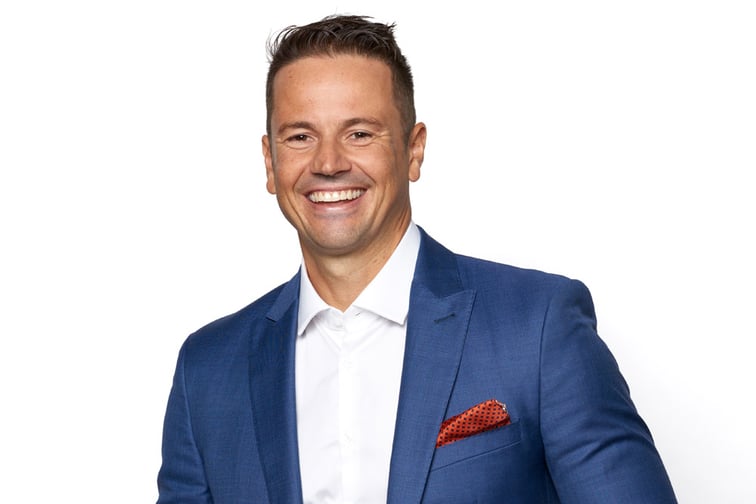

By
Q: What was your first job before you entered the finance industry?
A: After studying for a business degree at uni, I started a gym! We endedup running two gyms for 11 years, before I became a broker. I’ve now been self-employed for 20 years, with nine of those years as a broker. People think it’s so different, but I think that as a broker I am able to do what I do because I owned a gym and had so many diff erent clients walking through the door: wealthy clients, those on normal wages, those who were just getting by. You get to know so many diff erent personalities, and that has made me a better broker.
Q: What inspired you to get into the mortgage broking business?
A: I was about 32 and had two young kids, and I decided it wastime for a different career with more suitable hours. My wife is a real estate agent and we’d bought and sold a few properties and met a few different brokers. I’d always understood the structure and finance part of buying a home, and I understood negative gearing, all of these different things, so broking just made sense to me. We’ve now written $1.1bn in loans, and this year we’re on track to hit over $200m again.
Q: What has surprised you most during your career in finance?
A: How much education is involved. I always aim to educatemy clients; it’s the biggest part of my business. No one ever learns about money at school. I didn’t learn too much about money from my parents either, but a decade of being a personal trainer and running a business taught me to value it: you start to realise how important cash is because it’s actually sitting in your hand, and you’ve exchanged an hour of your time for a cash amount.
Q: What is one thing you wish everyday borrowers knew about finance or debt?
A: When I was a kid I saved up for rollerblades, and after buyingthem I had $0 left. If I saved up $1,000 and bought a stereo from Brashes, then at the end after buying the stereo, I had nothing. Then I saved for a car, and I had zero dollars left. We always get back to zero, but I want people to reset their zero balance to be above zero. Once you have saved $5,000, that becomes your new zero and you’re not allowed to spend it. Now, most people go, ‘I’ve got $5k, I’m going to Bali’. But I work with my clients to help them get their zero balance up and up. I’ll call a client and I don’t ask how much is in their off set account; I say, “What’s your zero balance?” It’s a really powerful way to save money.
